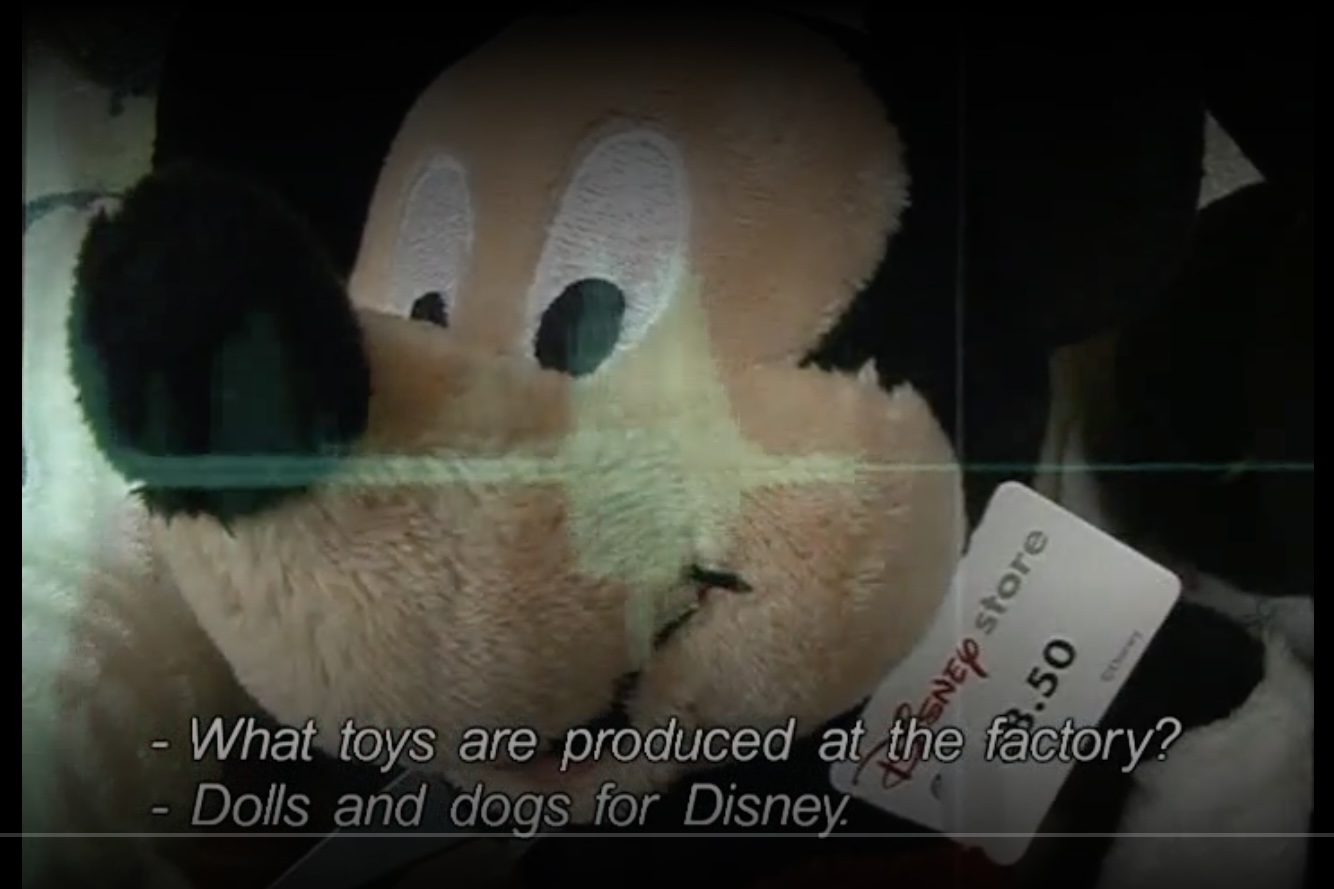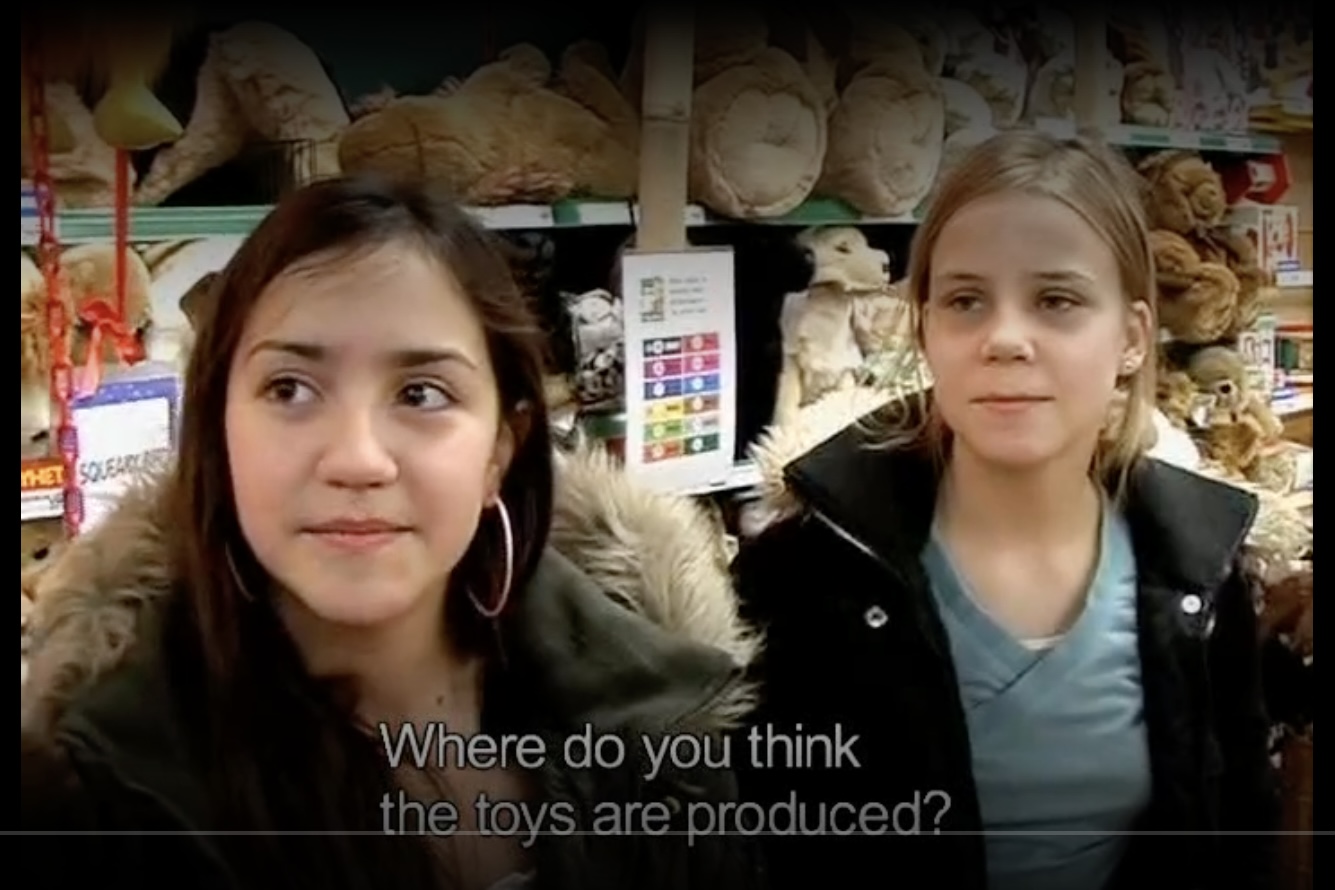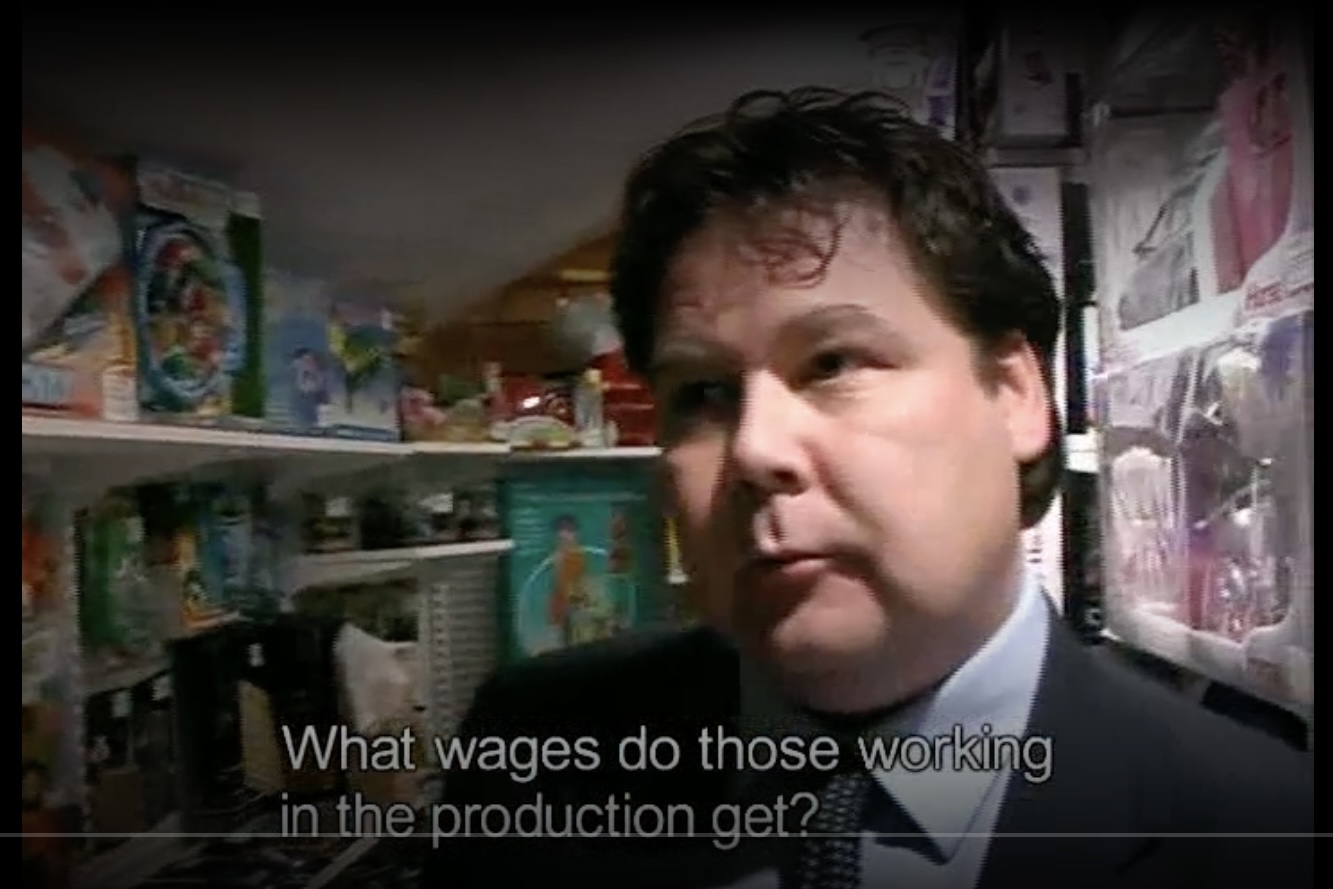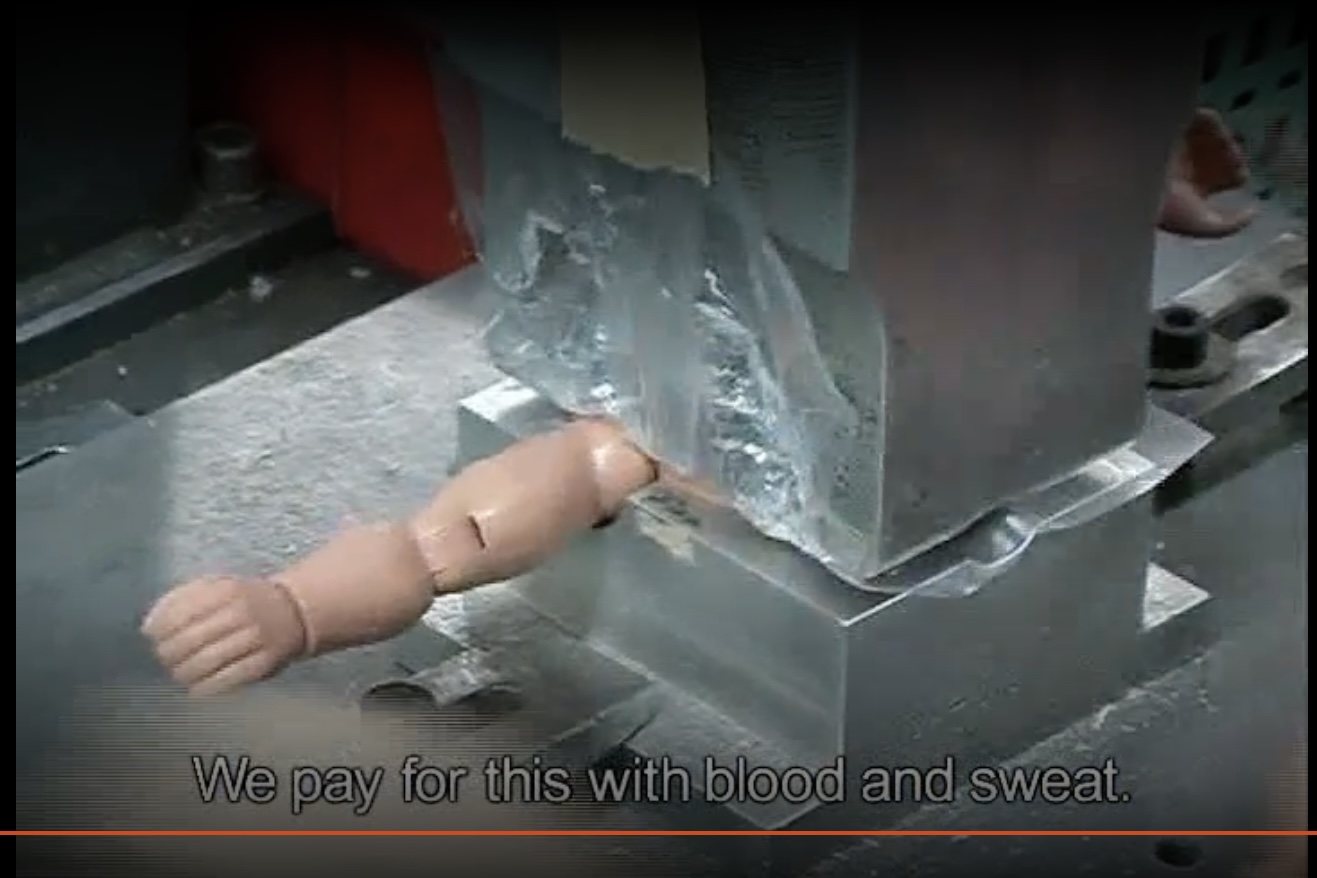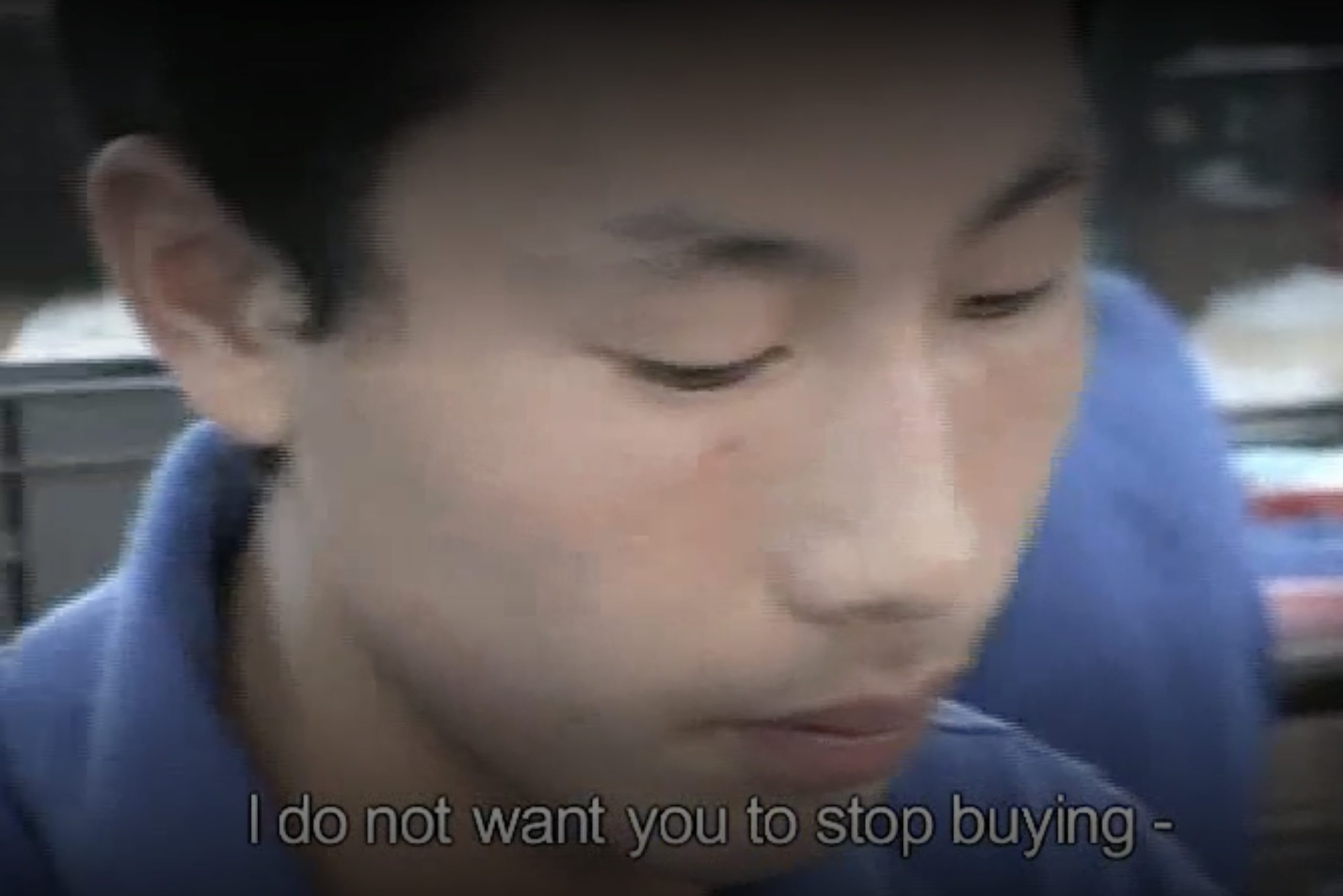
followthethings.com
Home & Auto
“The Oil Road: Journeys From The Caspian Sea To The City Of London”
A non-fiction travelogue by James Marriott & Mika Minio-Paluello, published by Verso.
Google Books preview embedded above.
‘Oil corporation resisters’ James Marriott and Mika Minio-Paluello travel the length of the Baku-Tbilisi-Ceyhan (BTC) oil pipeline which carries crude oil from Azerbaijan’s Caspian Sea oilfields to refineries in Europe and, from there, into the region’s cars, buses & other oil-burning machines. They find this oil’s human stories, secret places and complex connections, and companies and governments that don’t want them to be revealed. They investigate how British Petroleum – which operates and co-owns it – wields incredible power over the governments of the countries the pipeline passes through that it is able to sweep aside everyone and everything in its path. The Oil Road paints a picture of the West’s ‘energy imperialism’ and insatiable addiction to oil. But this is far from a dry academic or NGO report of ‘energy security’ and oil geopolitics. Rather, it’s a vivid piece of industrial / infrastructural travel writing. A page-turning detective thriller that’s accessible to readers who don’t identify as oil-geeks. The authors use a familiar road trip format for political advocacy, to ‘show the filthy entrails of the global economy close up’, as one commenter puts it. Some commenters rage at BP, and/or say the authors are obviously a biased against BP, and/or bemoan the lack of alternatives and/or express greater worries about the ‘carbon web’ that the book vividly – but only partly – reveals. This is thing-following in multiple ways. It follows oil along a pipeline. It follows the pipeline itself. And it follows the money generated by the oil flowing along the pipeline.
Page reference: Molly Mansfield, Louise Ford, Olivia Rogers, Millie Smith, Bryony Board & Charlotte Watts (2013) The Oil Road. followthethings.com/the-oil-road.shtml (last accessed <insert date here>)
Estimated reading time: 33 minutes.
Continue reading The Oil Road: Journeys From The Caspian Sea To The City Of London ![]()



